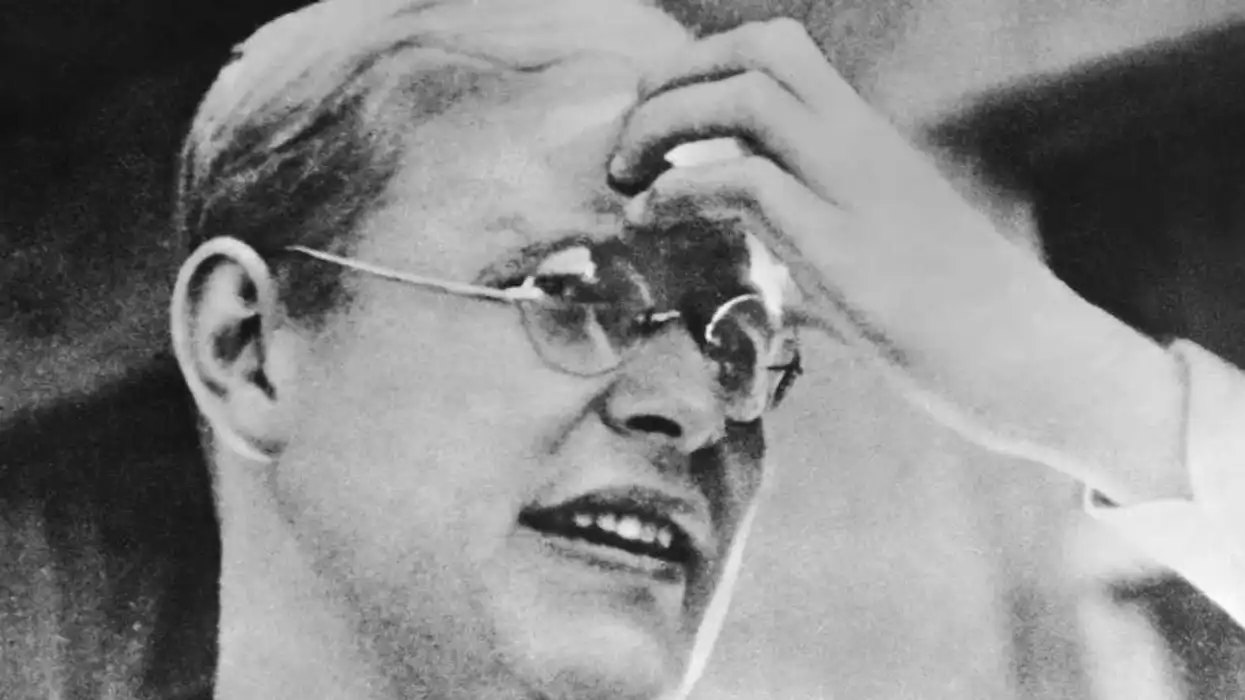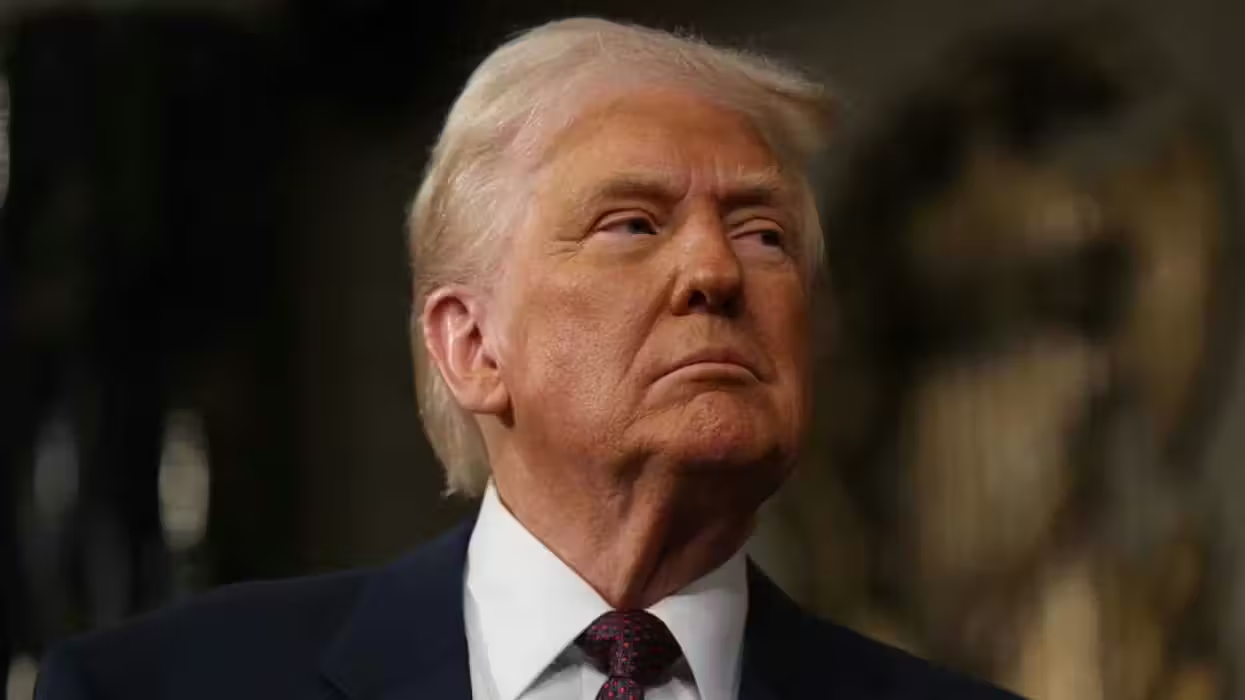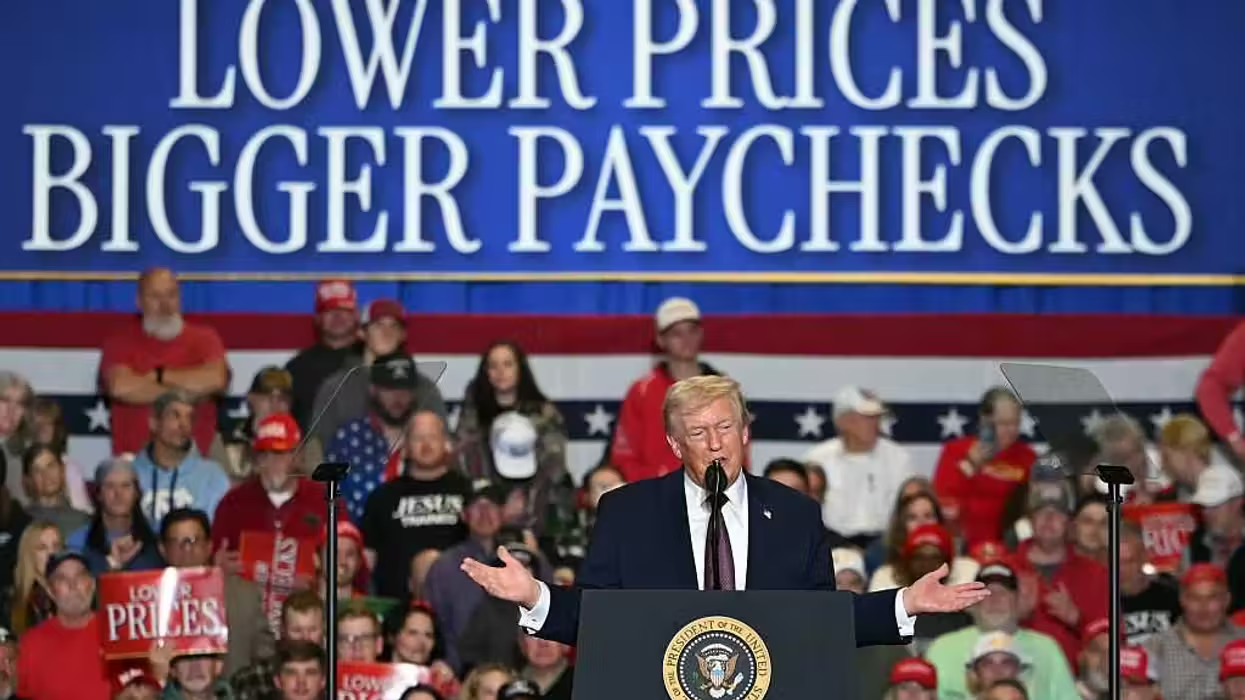The Environmental Protection Agency crossed the line into lobbying with its social media campaign to promote a new water regulation, according to a government audit.
The Government Accountability Office issued a report accusing the EPA of “covert propaganda” and violating federal law that prohibits federal agencies from lobbying for policy changes. This GAO finding resulted from the EPA's aggressive social media campaign promoting the Waters of the United States rule proposal.
 U.S. Environmental Protection Agency Administrator Gina McCarthy (Chip Somodevilla/Getty Images)
U.S. Environmental Protection Agency Administrator Gina McCarthy (Chip Somodevilla/Getty Images)
“We conclude that EPA violated the anti-lobbying provisions contained in appropriations acts for FY 2015 when it obligated and expended funds in connection with establishing the hyperlinks to the webpages of environmental action groups," the GAO audit said.
The report added, "Because EPA obligated and expended appropriated funds in violation of specific prohibitions, we also conclude that EPA violated the Antideficiency Act, 31 U.S.C. § 1341(a)(1)(A), as the agency’s appropriations were not available for these prohibited purposes."
Congress is taking note.
"GAO’s finding confirms what I have long suspected, that EPA will go to extreme lengths and even violate the law to promote its activist environmental agenda,” Republican Sen. James M. Inhofe (Okla.), who is chairman of the Senate Environment and Public Works Committee, said in a statement. "Courts have already raised questions about the legality of the Waters of the U.S. rule and have temporarily halted it from going into effect. EPA officials act as if the law does not apply to them, but this GAO opinion should serve as another reminder that EPA officials are not above the law. GAO’s determination that EPA violated the ban on covert propaganda and grassroots lobbying is especially troubling.
TheBlaze has previously reported on the heavy secrecy and lack of transparency at the EPA.
The EPA defended its actions on social media. “We use social media tools just like all organizations to stay connected and inform people across the country about our activities,” EPA spokeswoman Liz Purchia said. “At no point did the EPA encourage the public to contact Congress or any state legislature.”
The New York Times notes that the social media blitz occurred when Republicans in Congress sought to block the water rules.
The EPA's campaign included Twitter, Facebook, YouTube and Thunderclap to contest opposition to its water rule. The rule would restrict how land near certain surface waters can be used.
“As explained below, we conclude that EPA’s use of Thunderclap constitutes covert propaganda, in violation of the publicity or propaganda prohibition," the GAO finding said.
The Obama administration as a whole has been aggressive with social media — the White House even created its own Office of Digital Strategy — bypassing the media to communicate with the public.
(H/T: New York Times)

 U.S. Environmental Protection Agency Administrator Gina McCarthy (Chip Somodevilla/Getty Images)
U.S. Environmental Protection Agency Administrator Gina McCarthy (Chip Somodevilla/Getty Images)






